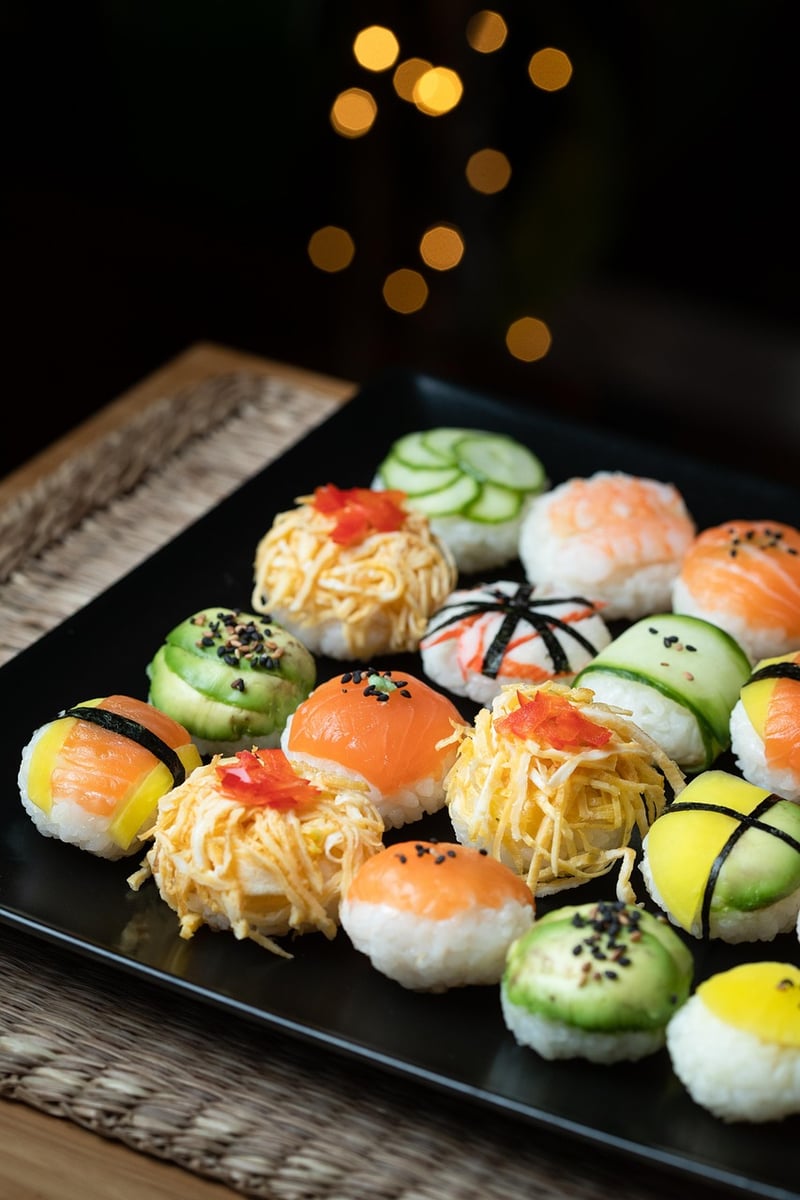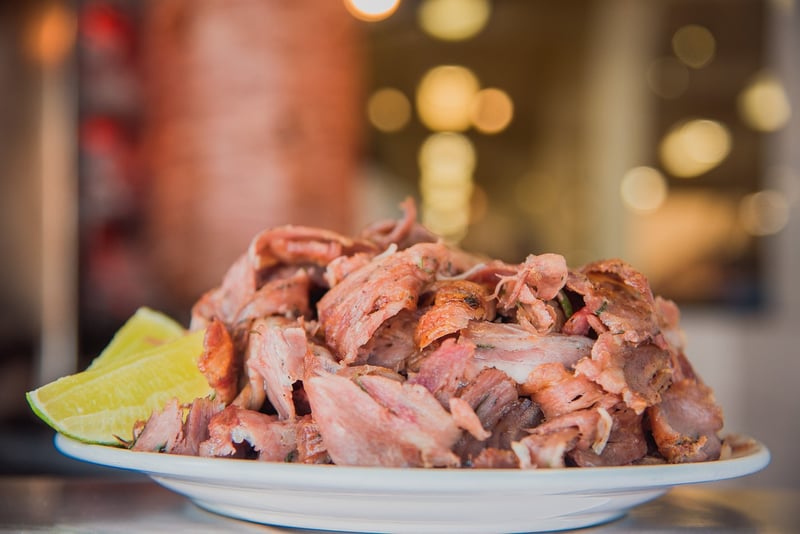Food History
Immerse Yourself in Diverse Food Traditions and Food History
Food is not just nourishment; it is a reflection of culture, history, and traditions. Exploring diverse food traditions can be a delightful journey that allows you to taste the flavors of different regions and learn about the stories behind each dish.
The Importance of Food History
Food history is a fascinating subject that offers insights into how culinary traditions have evolved over time. By studying the origins of different ingredients, cooking techniques, and recipes, we can gain a deeper understanding of how food shapes societies and vice versa.
Exploring Global Cuisine
One of the best ways to immerse yourself in diverse food traditions is by exploring global cuisine. From the spicy curries of India to the savory pastas of Italy, each country has a unique culinary heritage that tells a story of its people and their way of life.
Japanese Cuisine
Japanese cuisine is known for its emphasis on fresh, seasonal ingredients and delicate flavors. From sushi and sashimi to ramen and tempura, Japanese food offers a wide range of dishes that are both delicious and visually appealing.

Mexican Cuisine
Mexican cuisine is a vibrant mix of flavors and colors that reflects the country's rich culinary heritage. Tacos, tamales, and mole are just a few examples of the delicious dishes that make Mexican food so popular worldwide.

Food as a Cultural Experience
When you delve into diverse food traditions, you not only satisfy your taste buds but also embark on a cultural journey. Food brings people together, sparks conversations, and creates memories that last a lifetime.
Conclusion
Exploring diverse food traditions and food history is a rewarding experience that allows you to appreciate the richness of global cuisine and the stories behind each dish. So, grab a fork, prepare your taste buds, and embark on a culinary adventure like no other!
